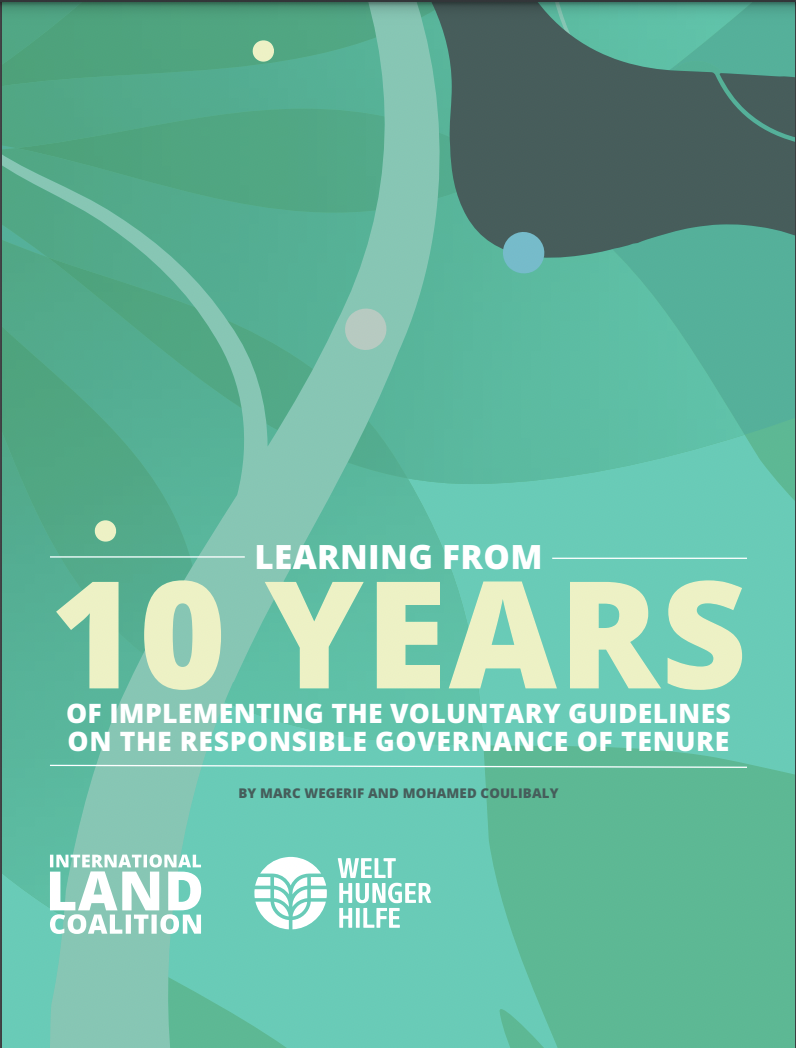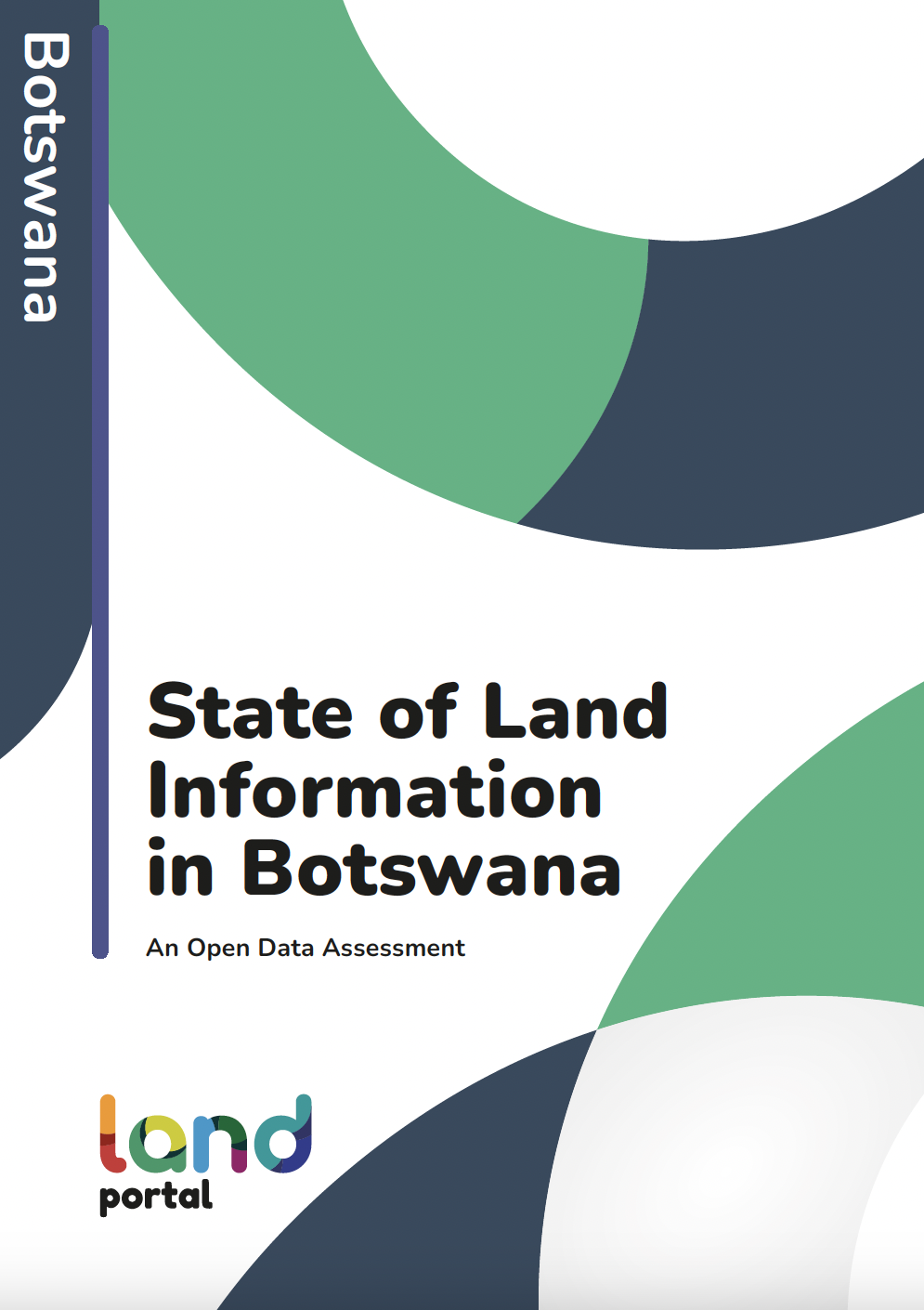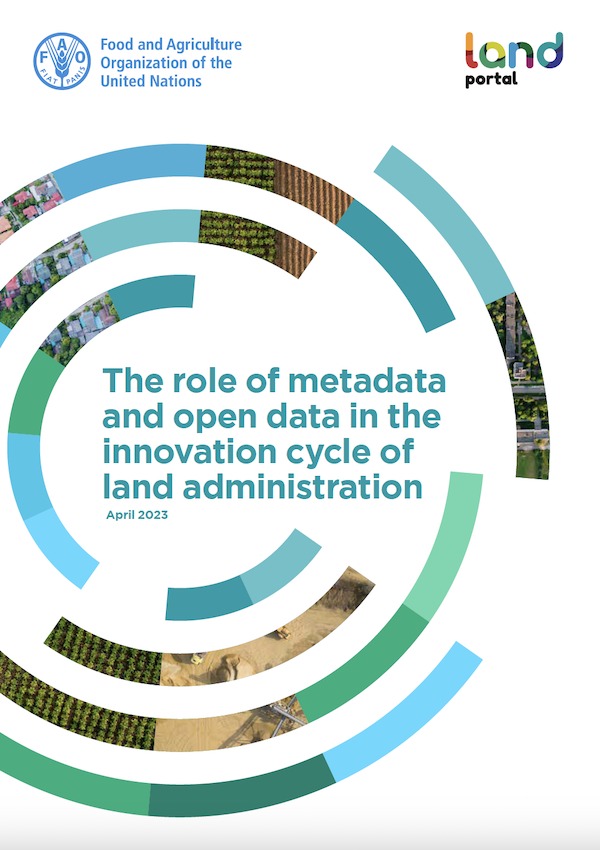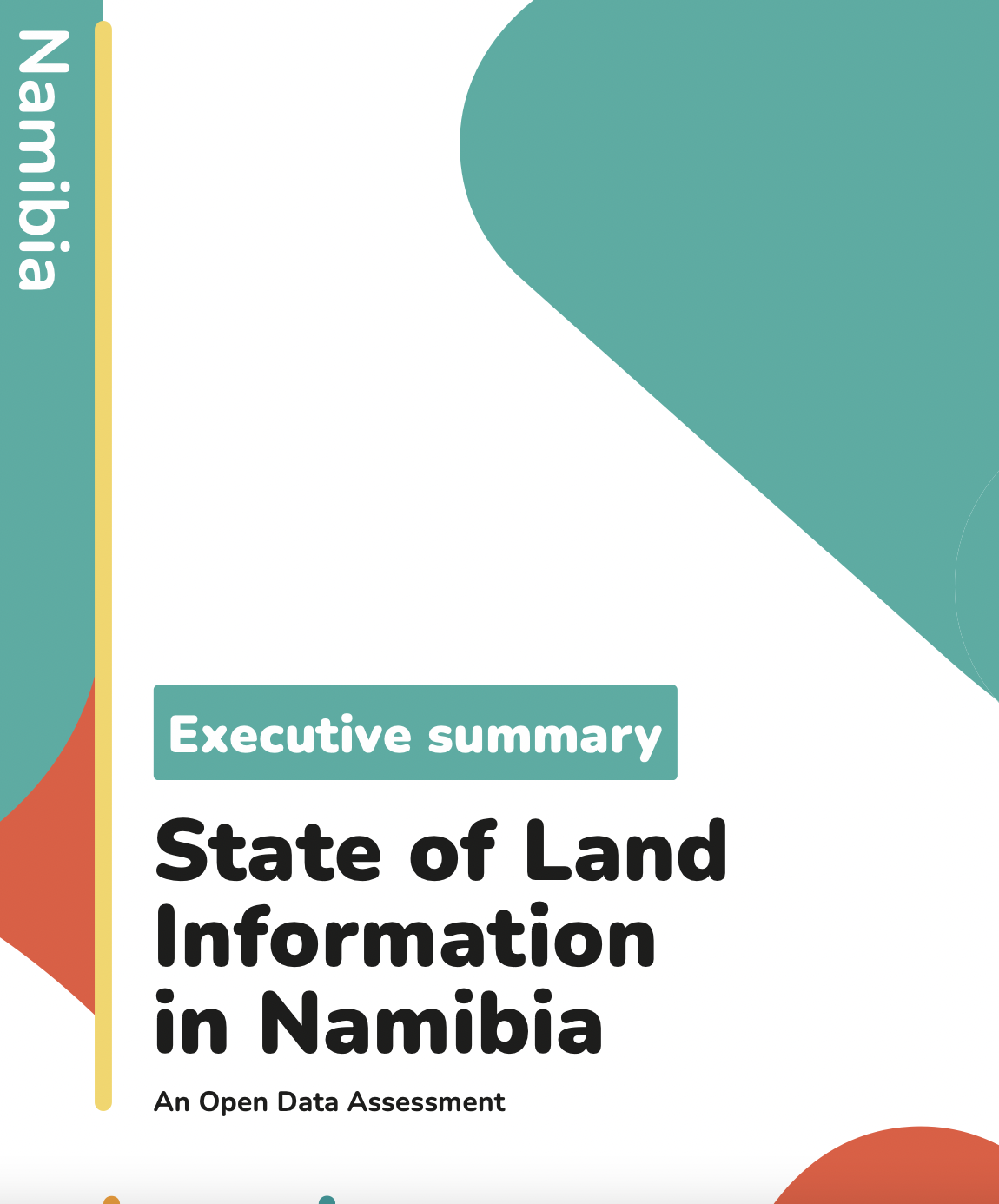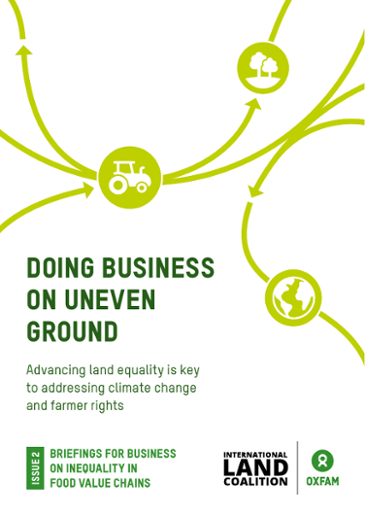Ukraine’s tenurial tangle: Housing, land and property restitution in the Russian war
The severity of the population dislocation and destruction of housing, land and property (HLP) in the Ukraine war has driven efforts for starting reconstruction planning prior to the war's end. This comes with the realization that re-covery will entail considerable preparation, including ef-forts at using seized Russian assets to finance it. Engaging in HLP restitution and compensation will be a primary re-covery challenge, with the Ukrainian government moving forward with legislation for facilitating this.


